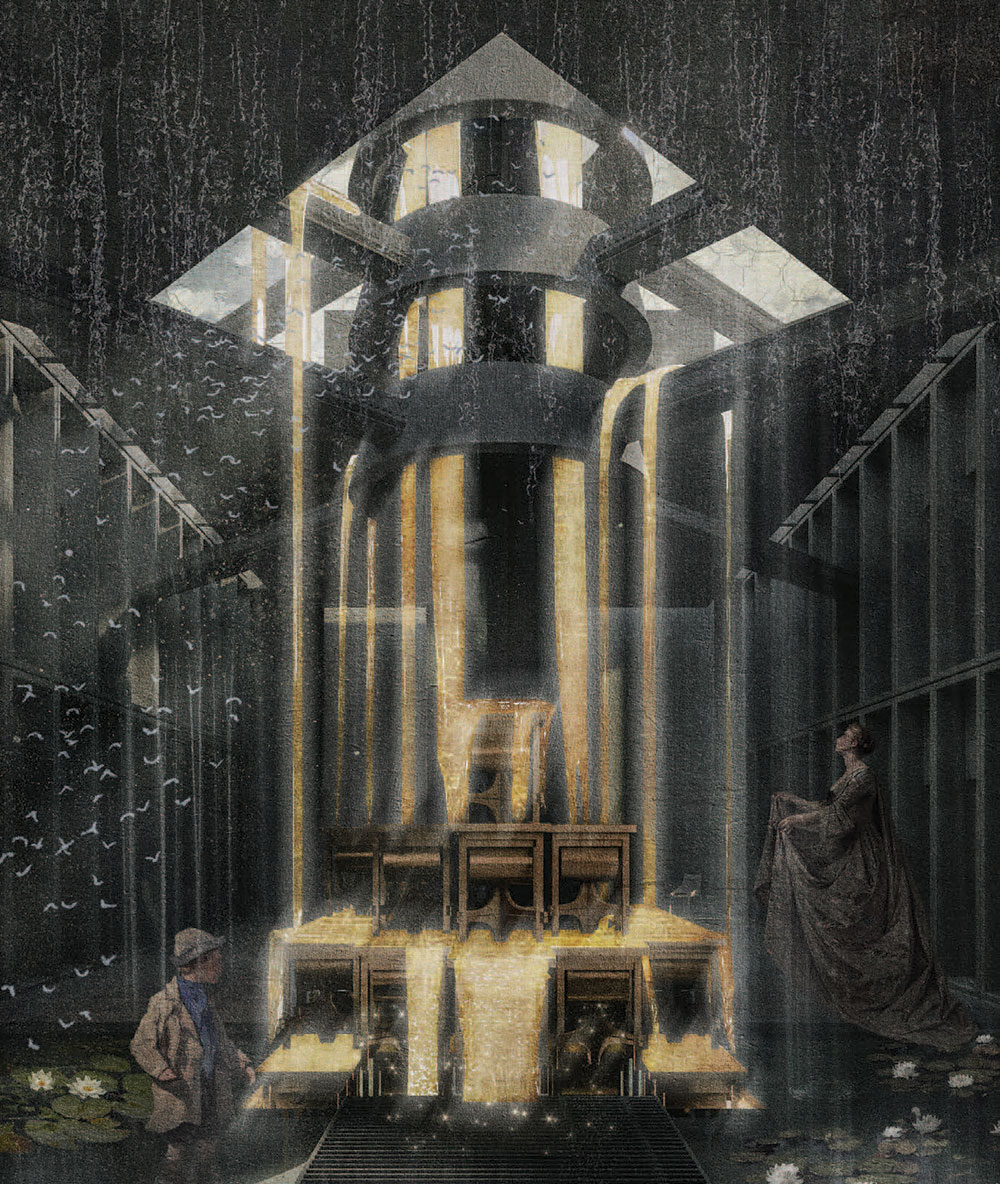Common futures, Creative differences
AND architects aspire to be at the cutting edge of architectural practice, by contributing their creative powers to address the common existential challenges faced by our planet, its peoples and their livelihoods. It is abundantly clear that creating a global commons is a fundamental requirement of addressing the climate emergency; creating community economies is essential for ecologically and socially just production; creating communities of care is a necessary condition of healthy, happy living. And architecture use creativity to search for futures different to the ones we currently fear and expect and to found ethical practices which seek to avoid biases, habits and presumptions. We address 5 Critical principles for Common practice across our MLA, MArch and BA cohorts:
CP1 Practice – Ethical Ambitions: How do we behave? What kind of architect will we be? How can we care about the planet, other people and ourselves?
CP2 Users – Creative Differences: Who creates? How can we create to include the lived experience of others?
CP 3 Site – Shared Cities: Who can share? How can our architectural activity support people with different identities, abilities and advantages?
CP4 Programme – Common Purposes: Who benefits? How can our creative activity increase human development for all?
CP5 Construction – Just Resources: Who can produce? How can our production support social and ecological justice?


